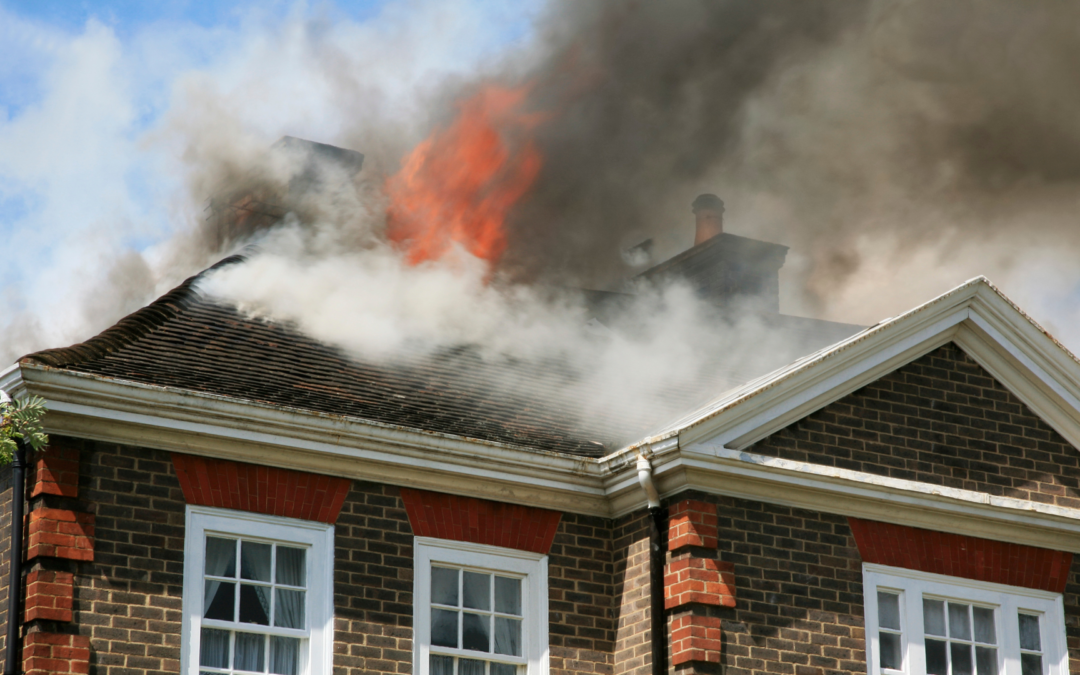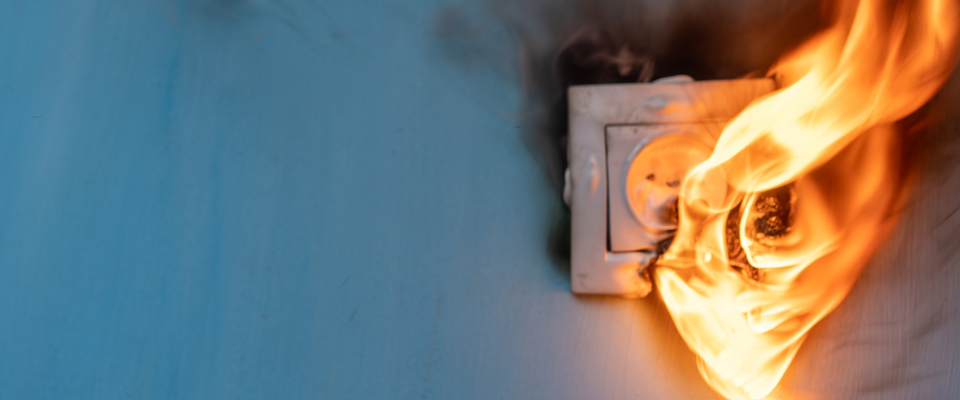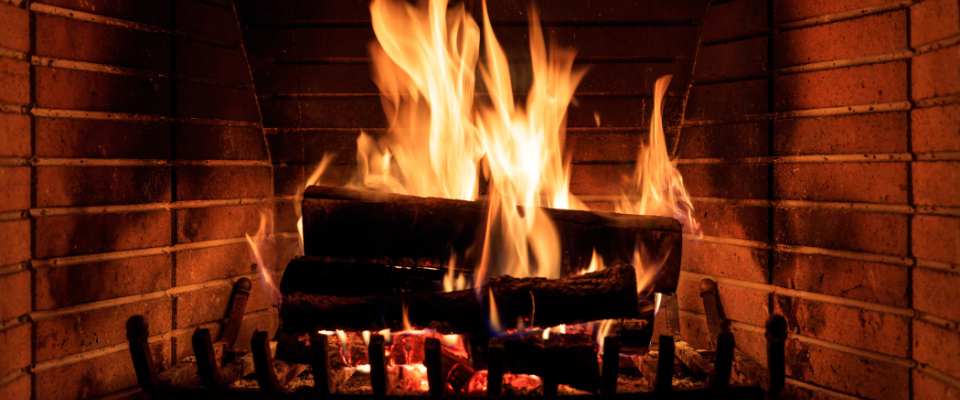A home inspector has many responsibilities, and ensuring fire safety is a crucial part of their role. There are several key areas an inspector will focus on to prevent potential fire hazards for future occupants:
Electrical Panel Fire Hazards
One significant risk is related to electrical panels. Oversized or undersized breakers can cause wires to overheat, potentially leading to fires. Additionally, how securely a wire is connected to the panel matters. Loose lugs or screws that don’t hold wires tightly can result in electrical arcing. These arcs, which can reach temperatures in the thousands of degrees, pose a serious fire risk.
Chimney and Fireplace Issues
Fireplaces, whether wood-burning or gas, require careful inspection. Key areas of focus include the firebox, chimney, flue, damper, and the overall condition of the masonry. Ensuring that these components are in good condition helps prevent accidental house fires when using the fireplace.
Smoke Detectors and Egress Windows
While not directly related to starting fires, safety measures are essential when a fire does occur. The National Fire Code requires smoke detectors to be installed in every sleeping room, outside every sleeping room in hallways, and on every level of the home. Although older homes may be grandfathered in, inspectors will still recommend adhering to current fire code regulations. Additionally, inspectors check for egress windows in bedrooms to ensure they are of the proper size, allowing occupants or firefighters to escape or enter in case of an emergency.
By focusing on these areas, home inspectors help ensure that homes are safe from fire hazards and that occupants have the necessary precautions in place.
Experience the DILIGENT Difference
With DILIGENT, you can understand the value of your potential home investment by skipping the guesswork and gathering deeper information about your new home with our detailed reports provided the same day as your inspection.




